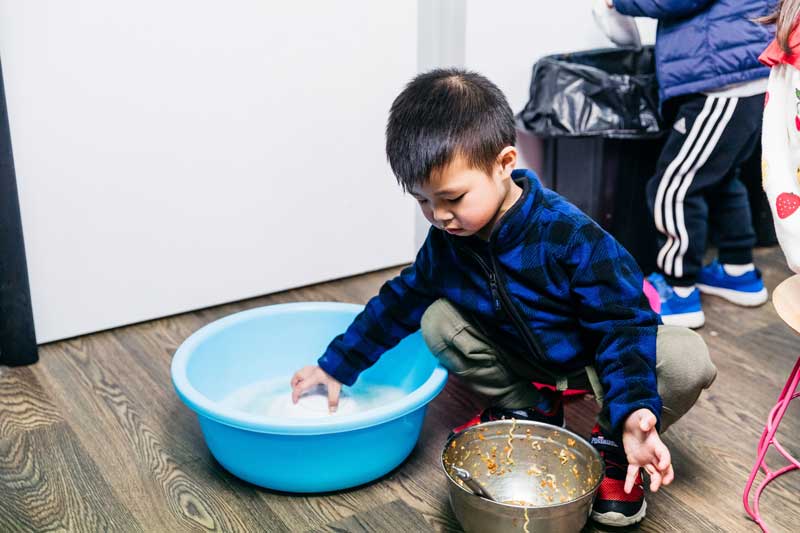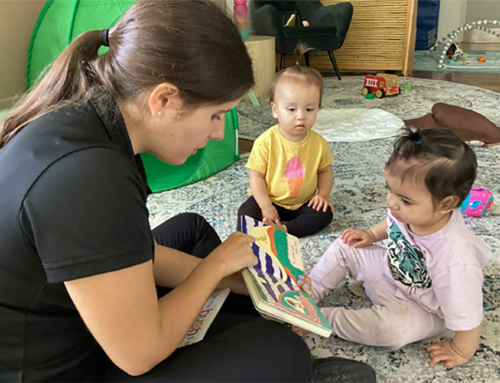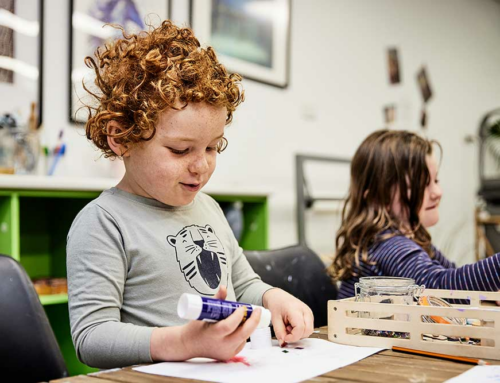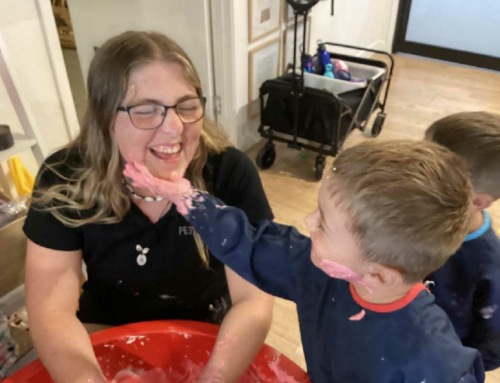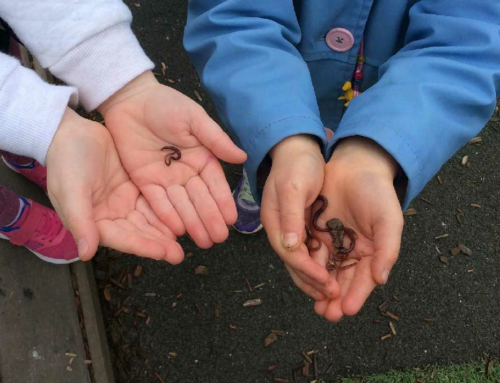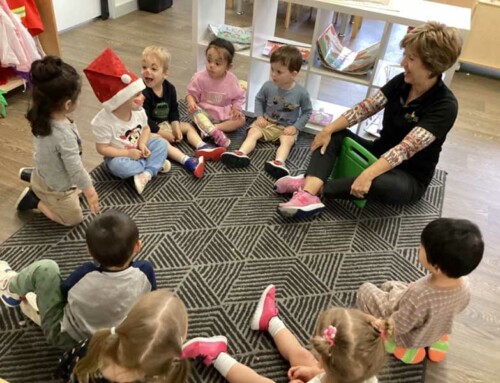Few people like cleaning. Fun isn’t a word often associated with the household chores that we’d rather swap for something more pleasurable. How then are we to convince our children of the opposite? Can we do the impossible and make cleaning fun?
Whether it’s a spring clean, a weekly tidy-up or the effort to put toys away after playtime, involving children in cleanup routines has benefits. Your child will learn new skills enabling them to become independent, and having responsibilities will boost their confidence.
Sharing housework as a family also contributes to building your child’s identity at home. Involving children in family cleaning-routines makes them feel valued giving them a sense of belonging. Doing housework together also strengthens family ties and reduces stress.
To help motivate your toddler or preschooler, we’ve created a list of 8 ways to make cleaning fun. Our list includes:
- Cleaning games to make light work fun.
- Praising positive behaviour.
- Appealing to their curiosity.
- Simple and fun rewards.

8 Ways to make kids’ cleaning fun
The first step towards making kids cleaning fun is to decide which chores suit your child’s age and development. For young children, start with simple jobs like putting away toys. Keep in mind that a task that’s too easy could lead to boredom, while a difficult task might cause frustration.
Cleaning games for children:
1. A colour-coded cleaning game
Give your child a basket and encourage them to find all their blue toys first. When they finish, have them report back to you. Show your child where to put them. Then, ask them to find a different colour. Repeat until your child has put all their toys away.
This fun game combines learning colours and is suitable for older toddlers and preschoolers. You can prompt their help with putting their toys away with questions like, “Can you find me your blue toys?”
2. Simon Says with cleaning
Children love to play Simon Says, and so it makes an excellent game for cleaning fun. Break big cleaning chores into smaller ones with simple instructions like, “Simon says, pick up your red blocks and put them away.”
Be sure to throw in some fun actions like, “Simon says, jump up and down on the spot.” As well as some tricksters that Simon doesn’t say like, “Put the book away.”

3. Dice rolling game
This game requires two people to play so you and your child can take turns cleaning together. It can also help with learning numbers one to six.
Each “player” takes a turn to roll the dice. The number it lands on is the number of toys the player has to pick up and put away. If you roll a six, two turns in a row, you get to skip a turn.
4. Hide and Seek cleaning game
Another game that young children love to play is Hide and Seek. This game of Hide and Seek comes with a twist. Before your child gets to hide, they must first put away some toys. The number of toys they hide affects the number of seconds they have to hide.
First, ask them how many toys they can put away. If it’s eight, then they get eight seconds to hide. The more toys they put away, the longer they have to find a good hiding spot.
5. Dress up and role play
This game encourages a child’s imagination. There are all sorts of characters that clean: A pirate must keep his ship tidy, a fairy must ensure no dust interferes with their magic, and a doctor needs a spick and span surgery to see their patients.
What chores can these characters do? Can they use a duster, sweep the floor or wipe down a table with a wet cloth?
Your child may also enjoy dressing up as your assistant and having their own cleaning caddy with a cloth, sponges and a water spray bottle to keep the house clean.

Other ways to encourage fun cleaning chores for kids
Many families like to tie reward systems into cleaning chores for their kids. You could motivate your child with the offer of pocket money for each task they complete or perhaps provide a bonus for the completion of extra chores.
You could also motivate by offering extra time for other activities once the cleaning is done or if completed within a specific time. Some reward systems are intangible, like providing praise for a job well done.
6. Tie rewards into a good-behaviour chart
The star rewards system uses a good-behaviour chart. For each completed cleaning chore, you give your child a star to add to their chart. Once they collect X amount of stars, they get a reward like pocket money, a toy they’ve been eyeing or extra time at the local park.
7. Make cleaning chores for kids challenging
Sometimes, rewards only work for a little while, whereas cleaning challengers can be great motivators that spark a child’s determination. Lay down a challenge to do a chore all on their own or complete a task in X amount of time.

8. Use lists or kids cleaning chore charts
Discuss with your preschooler which cleaning jobs they feel comfortable doing. Give them a cleaning problem to solve and create a list of cleaning chores with them. You can empower children to take responsibility by choosing which chores go on their list together.
Your child’s cleaning list is also useful for extra cleaning fun and games. Challenge your child to complete their list within a certain amount of time. Connect a reward to each item or when they finish the list in its entirety.
A preschooler‘s cleaning list might include:
- Picking up their toys after they have finished playing.
- Putting any books away on the shelf.
- Placing dirty clothes in the dirty clothes basket.
- Helping to hang up clothes on the clothesline (by handing you clothes).
- Scraping and rinsing their dishes after a meal.
- Rinsing soap off dishes and stacking them to dry.
- Putting their shoes away in the cupboard or on a rack.
- Helping to sort out clean clothes ready for folding.
To avert boredom review the list regularly and encourage your child to swap jobs (with ones that they can do) with other family members including those on your list.
Establishing routines for cleaning will set your child up with good habits, boundaries and expectations, as well as provide them with consistency. Motivate your child by choosing chores that interest them. Provide lots of encouragement and remember to make cleaning fun.

Empower your child with Petit Early Learning Journey
Children are bursting with energy and ideas. At Petit ELJ, we purposefully design our environments to empower children to make choices and solve problems. Our Educators intentionally observe and encourage children to become capable and confident learners.
By involving children in decision making and everyday routines, children develop a sense of identity and belonging through their interactions and relationships. Let us help you empower your child to be connected with and contributing to their world.
